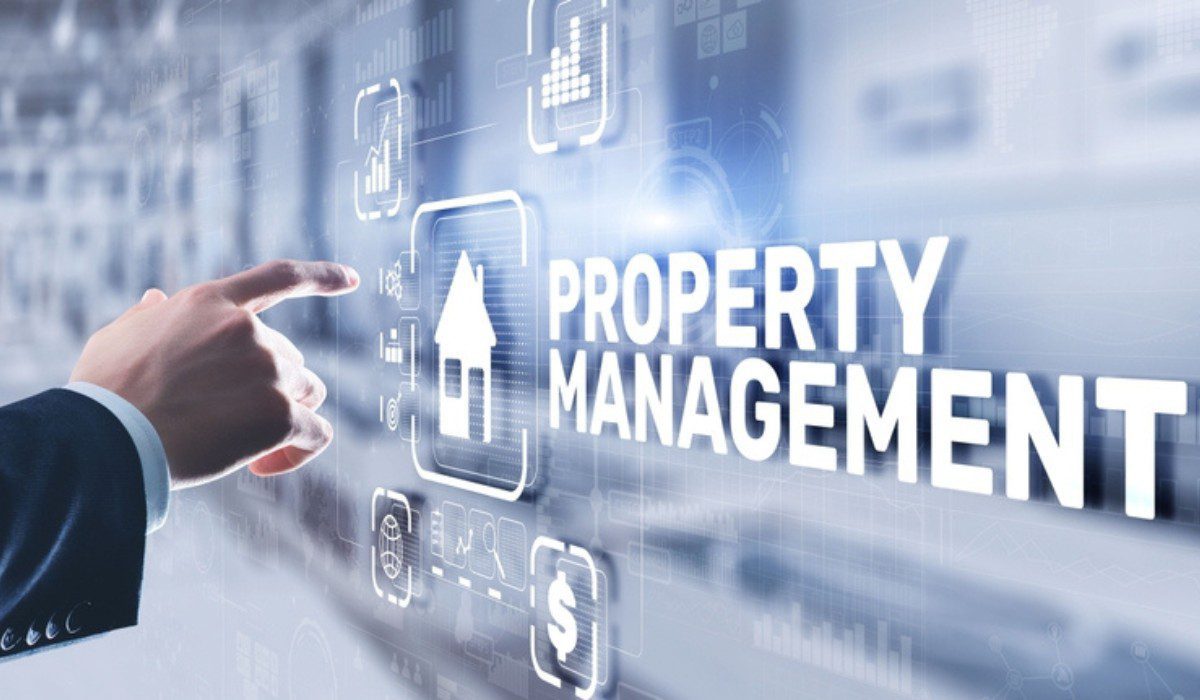Owning a rental property can be a great source of income, but managing it effectively is key to long-term success. One of the first decisions a landlord must make is whether to handle day-to-day responsibilities themselves or hire a professional property management company. While self-management offers more control and potential cost savings, professional services can reduce stress and streamline operations. This article explores both approaches in detail to help you decide which method best suits your property, time and financial goals.

What is professional property management?
Professional property management refers to the services offered by specialised companies or individuals who take care of the day-to-day operations of a rental property on behalf of the owner. These services are particularly popular among landlords who lack the time, experience or proximity to manage their properties themselves.
A property management company typically handles tasks such as marketing the property, screening tenants, collecting rent, overseeing repairs and maintenance, responding to tenant complaints, conducting inspections and ensuring legal compliance with rental laws. Many also offer support with lease agreements, eviction processes and financial reporting. This option is especially useful for non-resident property owners, people with multiple rental units or those who prefer a hands-off investment experience.
What is self-management?
Self-management means the property owner takes full responsibility for managing their rental property without the involvement of a third-party service provider. This hands-on approach requires the landlord to oversee every aspect of the rental process, from finding and vetting tenants to handling rent collection, maintenance, legal paperwork and conflict resolution.
Landlords who choose to self-manage often do so to save on management fees and maintain full control over their property decisions. It also allows for a more personal relationship with tenants, which can be beneficial in building trust and ensuring timely rent payments.
However, self-management can be time-consuming and demanding, especially for those with limited experience or multiple properties. It works best for landlords who live near their property, have flexible schedules and are comfortable handling administrative tasks and occasional emergencies.
Pros and cons of professional property management
Hiring a professional property manager can offer several advantages, especially for busy landlords or those who want to take a more passive approach. However, it also comes with certain trade-offs. Here’s a balanced look at the pros and cons:
Advantages of professional property management
- Time and stress savings: Property managers handle tenant issues, maintenance, rent collection and legal compliance, freeing you from daily responsibilities.
- Expertise and efficiency: Professionals bring experience in tenant screening, lease management and eviction processes, reducing costly mistakes.
- Better tenant retention: Efficient communication and prompt maintenance often lead to happier tenants and lower vacancy rates.
- Streamlined maintenance: Access to a vetted network of vendors ensures timely and cost-effective repairs.
- Scalability: Ideal for landlords with multiple properties or those investing remotely.
Drawbacks of professional property management
- Service fees: Most property managers charge a monthly fee, often a percentage of the rent (typically 8–12%), plus additional charges for certain services.
- Less control: Delegating decisions on repairs, tenant selection, or lease terms may reduce your involvement in key aspects.
- Variable quality: Not all property managers offer the same level of professionalism, so vetting the right company is crucial.
Pros and cons of self-management
Managing your rental property on your own gives you complete control, but it also demands your time, effort, and attention to detail. Here’s a look at the benefits and drawbacks of self-management:
Advantages of self-management
- Full control: You make all the decisions, from tenant selection to repair timelines, and have complete oversight of how your property is managed.
- Cost savings: By skipping professional fees, you keep more of the rental income, which can be significant over time.
- Direct tenant relationship: Dealing with tenants personally can lead to stronger communication, better cooperation and fewer misunderstandings.
Drawbacks of self-management
- Time-consuming: Managing listings, screening tenants, coordinating repairs and handling legal paperwork can quickly become a full-time job.
- Legal and regulatory risks: Without expert knowledge, it’s easier to miss compliance requirements related to tenancy laws, evictions or rent agreements.
- Difficult to scale: Managing multiple properties or handling long-distance rentals becomes challenging without professional support.
- Stress during emergencies: You’ll be the point of contact for all problems, including late-night plumbing issues or disputes with tenants.
Professional property management vs self‑management: Key factors to consider when choosing
Deciding between professional property management and self-management depends on your specific situation. Consider these key factors before making a choice:
- Number of properties: If you own just one or two rental units, self-management might be manageable. But for multiple properties, especially in different locations, a property manager can streamline operations.
- Distance from the property: Living far from the property makes it harder to handle tenant issues, emergencies, and maintenance. In such cases, hiring a local property manager can ensure faster response and better oversight.
- Time availability: Managing a property requires consistent effort, from responding to tenant queries to arranging repairs. If your schedule is already tight, outsourcing might save you stress and time.
- Experience and expertise: Familiarity with rental laws, maintenance standards and tenant relations is crucial. If you’re new to real estate or uncomfortable handling legal matters, a professional manager can offer valuable guidance.
- Budget and willingness to pay fees: Professional management comes at a cost, but it can be worth it if it saves you time and avoids costly errors. Consider whether the convenience justifies the expense based on your income and priorities.
- Need for control: Some landlords prefer making all decisions themselves. If maintaining direct involvement and relationships is important to you, self-management may be the better fit.
Housing.com POV
The decision between professional property management and self-management goes beyond a simple cost-benefit analysis. It’s a strategic choice that depends on the landlord’s long-term goals, risk appetite, and availability of time and resources.
Self-management may be ideal for landlords who live near their property, have only one or two units, and prefer a hands-on approach. It allows for direct tenant relationships and a better understanding of how the rental business operates. However, as the number of properties increases, or as the landlord’s time becomes limited, self-management can quickly become overwhelming and inefficient.
Professional property management, while involving an added cost, brings expertise, structure, and scalability. It enables landlords to treat their rental property as a business asset rather than a side responsibility. For those aiming to build a real estate portfolio or invest remotely, professional support can help maximise returns and minimise operational headaches.
Ultimately, the best approach is not always one or the other. Many landlords find success with a hybrid model, managing some aspects themselves while outsourcing others. The key is to choose a model that aligns with personal goals, lifestyle, and the stage of the property investment journey.
FAQs
Can I switch from self-management to professional management mid-lease?
Yes, you can hire a property manager at any point, even mid-lease. Just ensure the transition is communicated clearly to the tenant and that the new manager has access to lease documents and payment records.
Do property managers help with legal disputes or evictions?
Most professional property managers assist with legal processes, including issuing notices and coordinating evictions, often in consultation with legal experts. This helps ensure compliance with local rental laws and reduces the risk of procedural errors.
Is professional property management tax-deductible?
Yes, management fees paid to a property management company are typically considered a tax-deductible expense under “property-related costs,” reducing your taxable rental income. Always consult a tax advisor for guidance specific to your location.
What should I include in a self-made lease agreement?
A solid lease should cover rent amount and due date, security deposit terms, maintenance responsibilities, notice period, penalties for late payments, and rules regarding subletting or property use. Consider having it reviewed by a legal expert.
How do property managers handle tenant emergencies?
Professional managers usually have a 24×7 emergency response system or vendor network for urgent issues like plumbing leaks or power failures. This ensures timely resolution without burdening the landlord with unexpected late-night calls.
| Got any questions or point of view on our article? We would love to hear from you. Write to our Editor-in-Chief Jhumur Ghosh at jhumur.ghosh1@housing.com |







